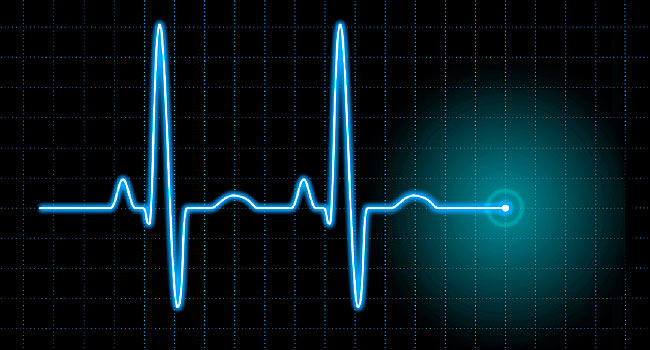Living Healthier Can Help Shield You From A-fib
WEDNESDAY, March 11, 2020 (HealthDay News) — From weight loss to physical activity, lifestyle changes are effective, yet underused strategies to manage atrial fibrillation, according to a new scientific statement from the American Heart Association (AHA).
Atrial fibrillation — also known as a-fib or AF — is an abnormal heart rhythm affecting more than 2.7 million Americans.
In a-fib, the heart‘s upper chambers beat erratically, which can lead to blood clots. If clots break off, they can cause a stroke. A-fib increases stroke risk fivefold.
“While established medical treatment protocols remain essential, helping AF patients adopt healthier lifestyle habits whenever possible may further help to reduce episodes of AF,” said Dr. Mina Chung, who led the team that wrote the new scientific statement. She’s a cardiologist at the Cleveland Clinic in Ohio.
Lifestyle changes that can help fight a-fib include maintaining a healthy weight, being active and not smoking.
But there are caveats, according to the statement. Extreme physical activity can raise the risk of a-fib, so workouts of professional-level intensity are not advised.
“To help patients make healthy lifestyle changes, we suggest setting specific, progressive achievable weight and exercise targets, and prescribing lifestyle intervention programs that can provide appropriate supports,” Chung said in an AHA news release.
“Using a pedometer, smartphone/watch apps or other wearable devices that provide activity feedback, as well as apps that help people track food intake, can be helpful to keep people motivated,” she added. “Encouragement and reinforcement from the patients’ physicians and health care team can also increase patients’ dedication.”
Smoking and moderate or high alcohol use (more than seven drinks a week for women and 14 for men) also raise the risk of a-fib, according to the scientific statement. And smoking also reduces the effectiveness of a treatment for a-fib called ablation.
Also, caffeine doesn’t seem to increase the risk of a-fib, though some people with the condition say that it can trigger an episode, according to studies noted in the statement.
But the scientific evidence on lifestyle and a-fib remains limited, Chung said. So far, most studies have identified links, but don’t prove cause and effect. More research is needed.
“In particular, we need further work on the effects of high-intensity and other physical activities, and studies on the need for and effects of screening and treating sleep apnea for AF,” she said.
But, Chung added, the data emerging so far support the benefits of lifestyle changes.
“We encourage health care teams to consider lifestyle interventions in addition to medical management for all patients with AF,” she said.
The scientific statement was published March 9 in the journal Circulation.





drug information and news for professionals and consumers. Generic Name.
male erection pills
Get here. Read information now.
Prescription Drug Information, Interactions & Side. Everything about medicine.
ed medications list
Drug information. Drugs information sheet.
tor markets 2023 dark web markets dark market onion